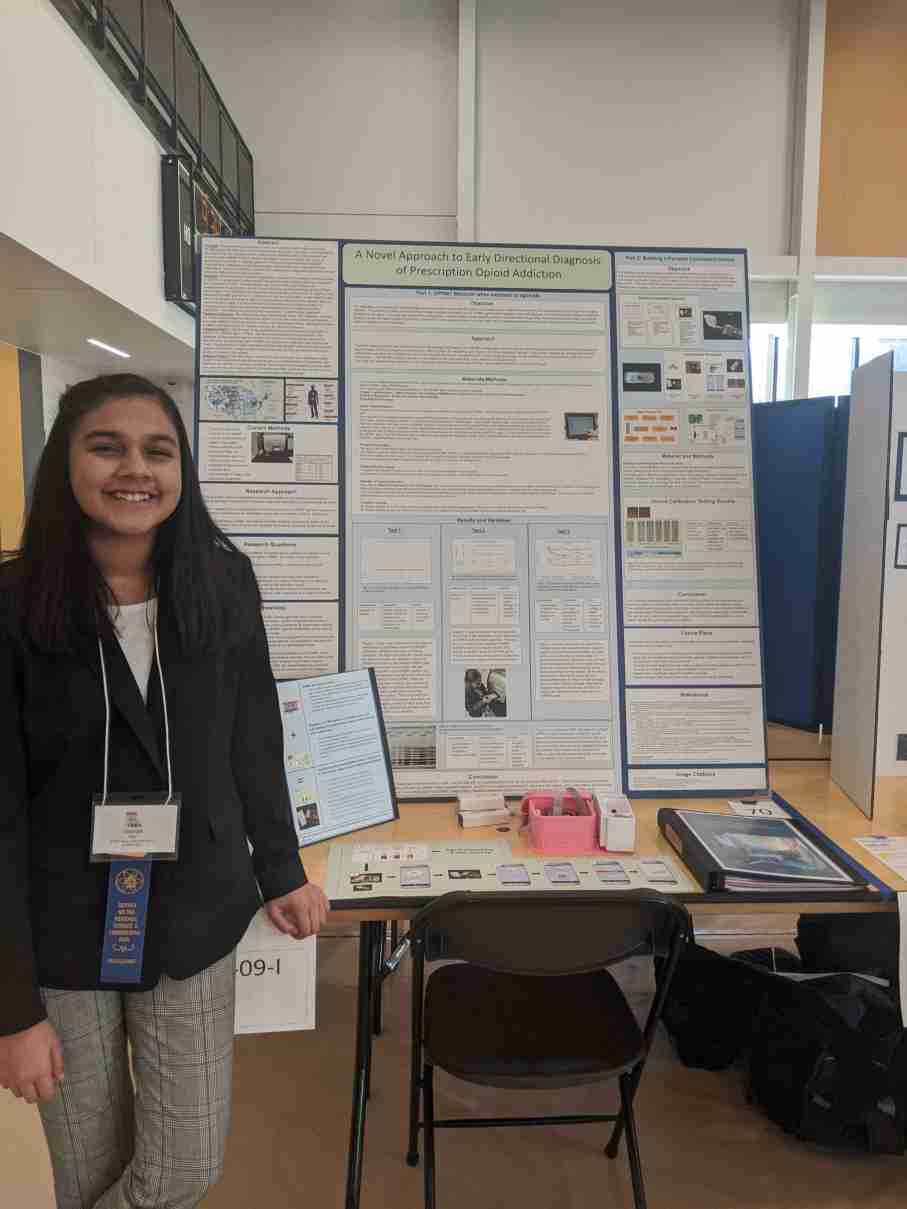It’s that time of the year when magazines across the world publish various lists; of accomplishments and people behind those achievements. Indian American Gitanjali Rao, who is all of fifteen has been named TIME Magazine’s first ever ‘Kid of the Year’.
While the world through 2020 has been in and out of lockdown and restrictions, Gitanjali was busy working on a mobile device to test for lead in drinking water.
Announcing the awards, Time said, Gitanjali’s ability to apply scientific ideas to real-world problems — and her desire to motivate other kids to take up their own causes is the reason she won this award.
She was chosen amongst almost 5,000 nominees, aged between 8 to 16 years. In an interview with The Better India back in 2018, Gitanjali said, “There is no quick method in place to test the water coming out of taps at homes. If you want to get the water tested, you have to send samples to a lab for an analysis and the results can take hours, if not days. Also, the testing kits which were used at home were expensive, difficult to use and even unreliable.”
According to a statement issued by Time, “The world belongs to those who shape it. And however uncertain that world may feel at a given moment, the reassuring reality seems to be that each new generation produces more of what these kids have already achieved: positive impact, in all sizes,” Time said.
How the innovation works

Gitanjali believes that each one of us has the right to access clean drinking water and also has the right to know what our water contains. In her quest to make this a reality, she came up with a device she calls – Tethys, that can detect lead in drinking water. All this is done with the help of a pocket-sized device, which tests the water and also sends the report to your mobile phone via an app.
The inspiration that led to this device being launched was the Flint crisis that hit Gitanjali hard. She said, “I wondered how I could help the residents. I have always been inclined towards science and experimentation, so I took up the challenge. When I expressed my concern, and wish to experiment on an easy, low-cost way to detect lead in water, my school teachers too started helping me out.”
Serial innovator
Wanting to find a way to help kids who are bullied, Gitanjali also came up with a service called Kindly – which has an app and a Chrome extension, through which one is able to detect cyberbullying at an early stage, based on artificial-intelligence technology.
In an interview with Time, she said, “I started to hard-code in some words that could be considered bullying, and then my engine took those words and identified words that are similar. You type in a word or phrase, and it’s able to pick it up if it’s bullying, and it gives you the option to edit it or send it the way it is. The goal is not to punish. As a teenager, I know teenagers tend to lash out sometimes. Instead, it gives you the chance to rethink what you’re saying so that you know what to do next time around.”
“If I can do it anybody can do it,” added Gitanjali.
(Edited by Yoshita Rao)
If you found our stories insightful, informative, or even just enjoyable, we invite you to consider making a voluntary payment to support the work we do at The Better India. Your contribution helps us continue producing quality content that educates, inspires, and drives positive change.
Choose one of the payment options below for your contribution-
By paying for the stories you value, you directly contribute to sustaining our efforts focused on making a difference in the world. Together, let's ensure that impactful stories continue to be told and shared, enriching lives and communities alike.
Thank you for your support. Here are some frequently asked questions you might find helpful to know why you are contributing?

